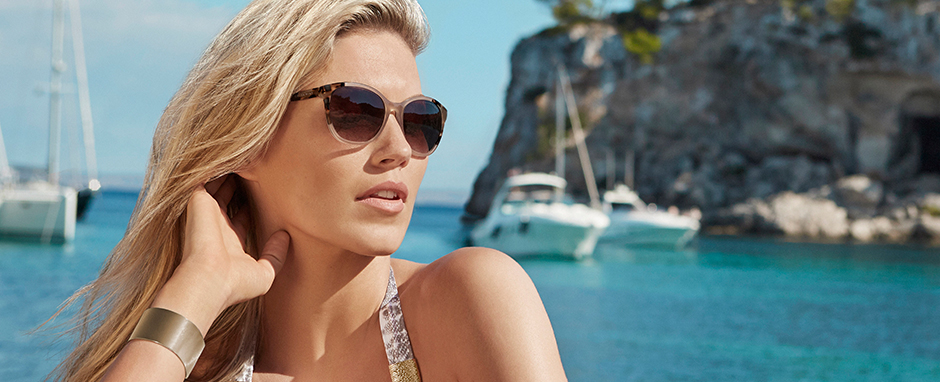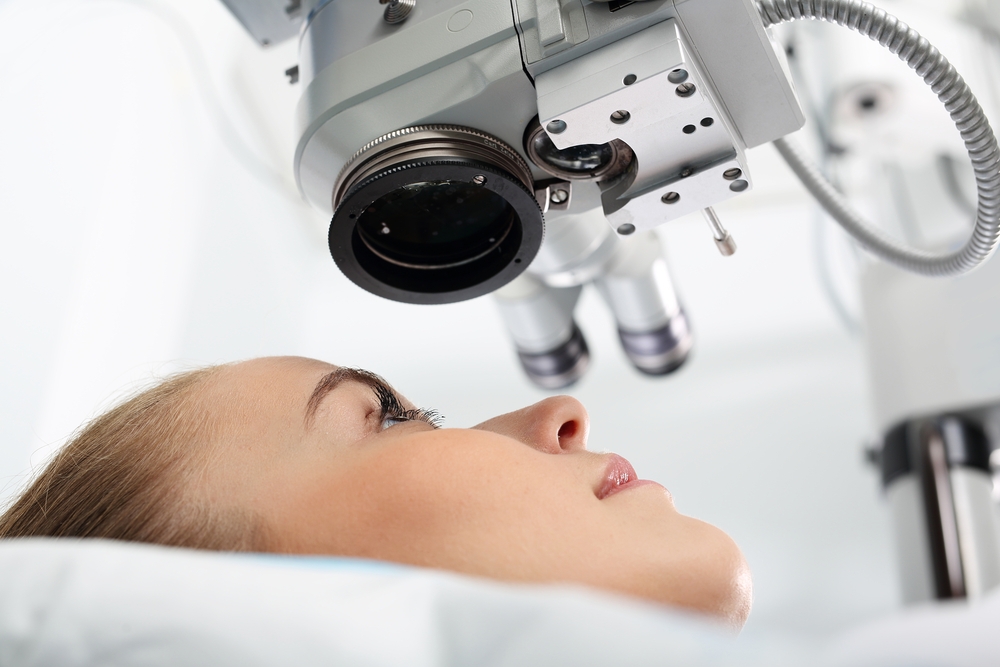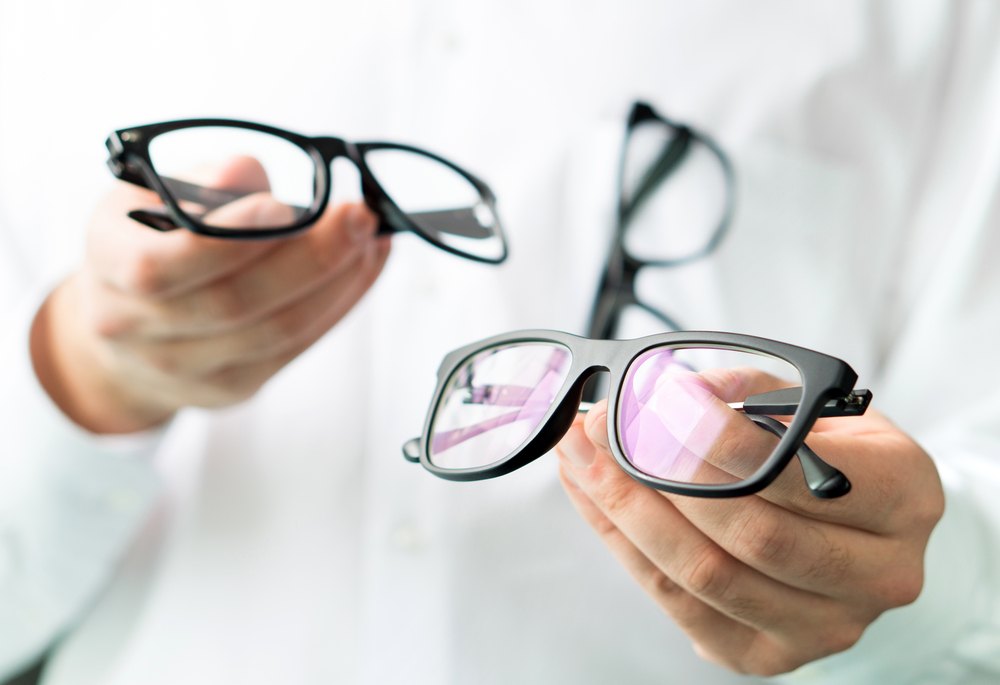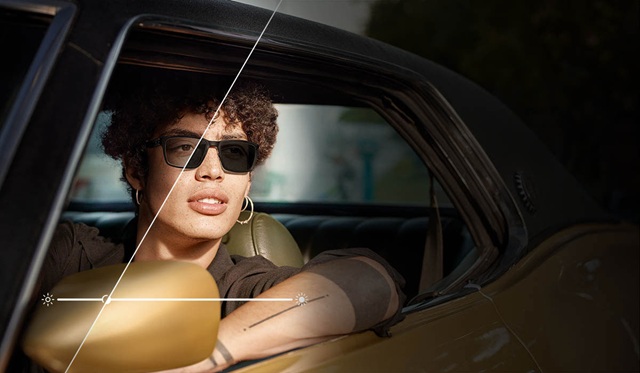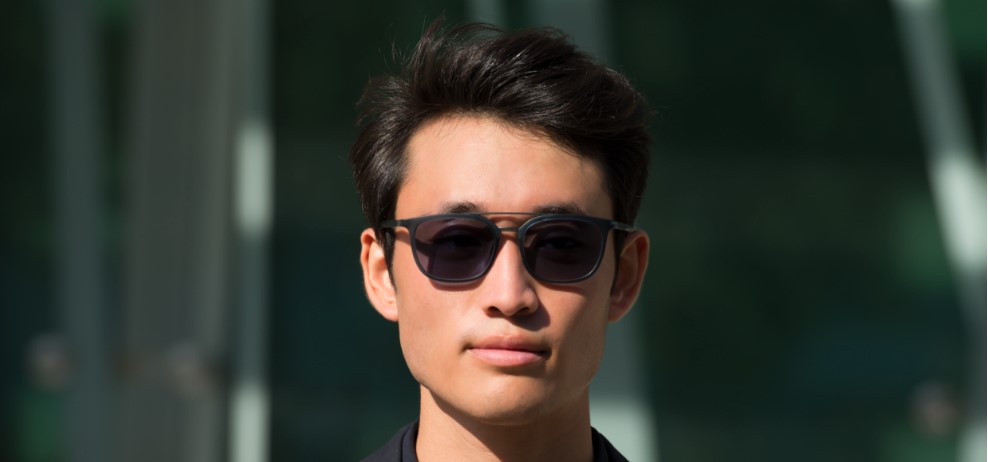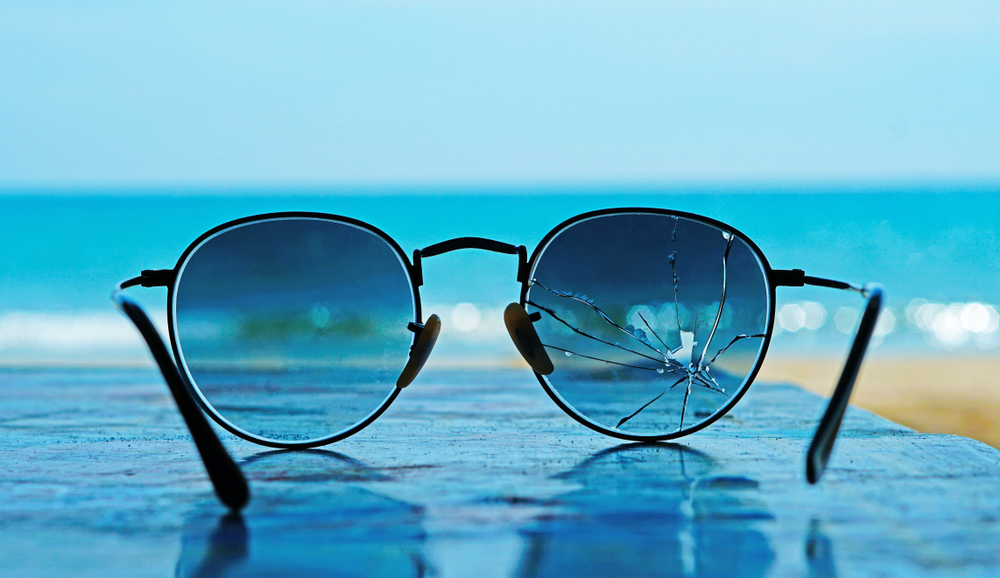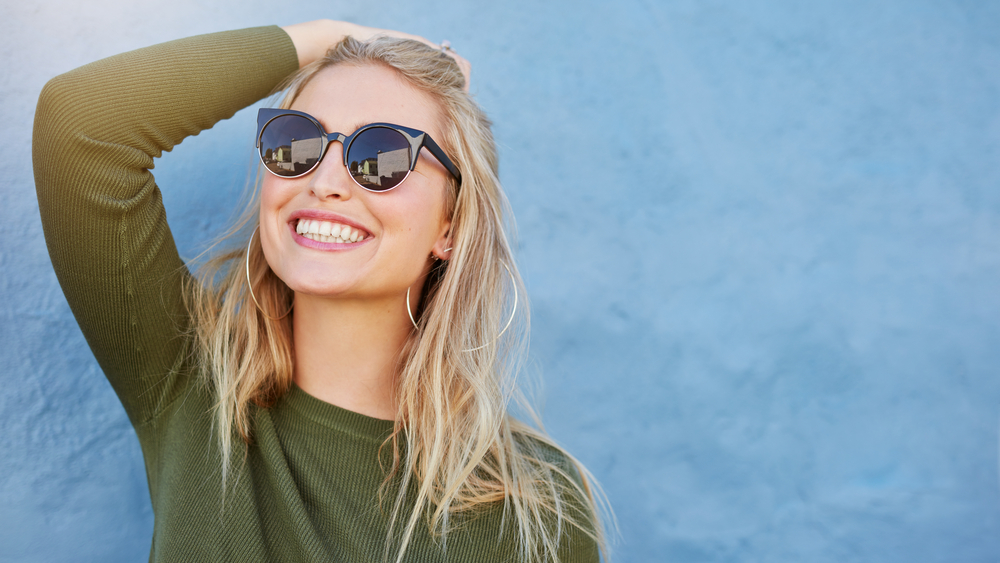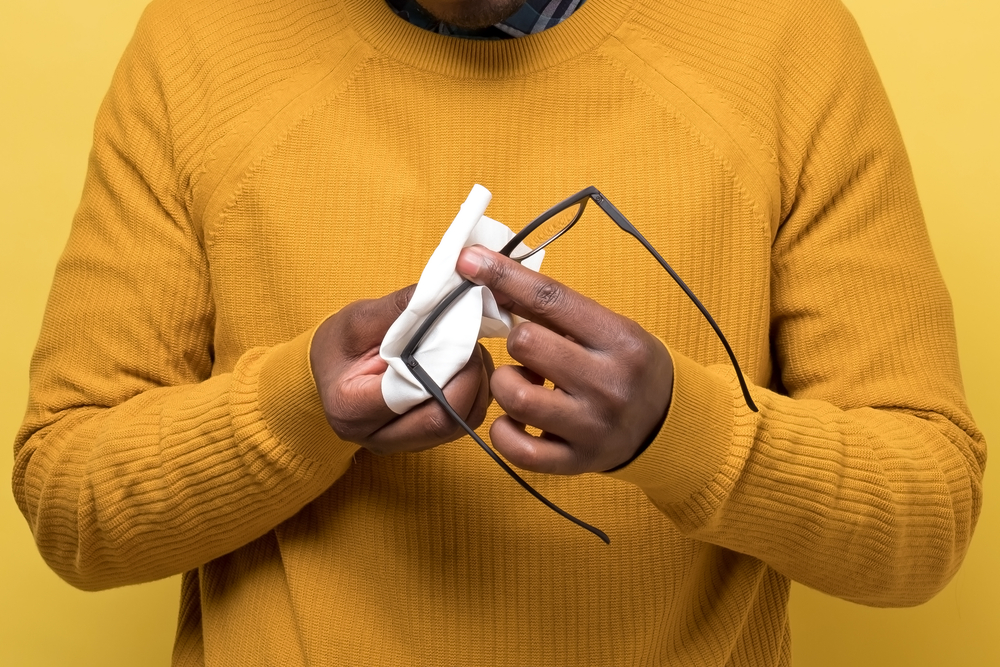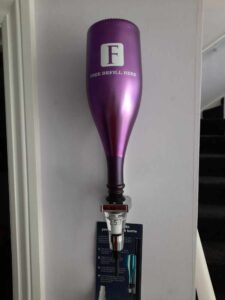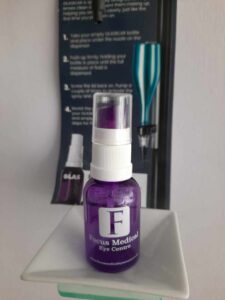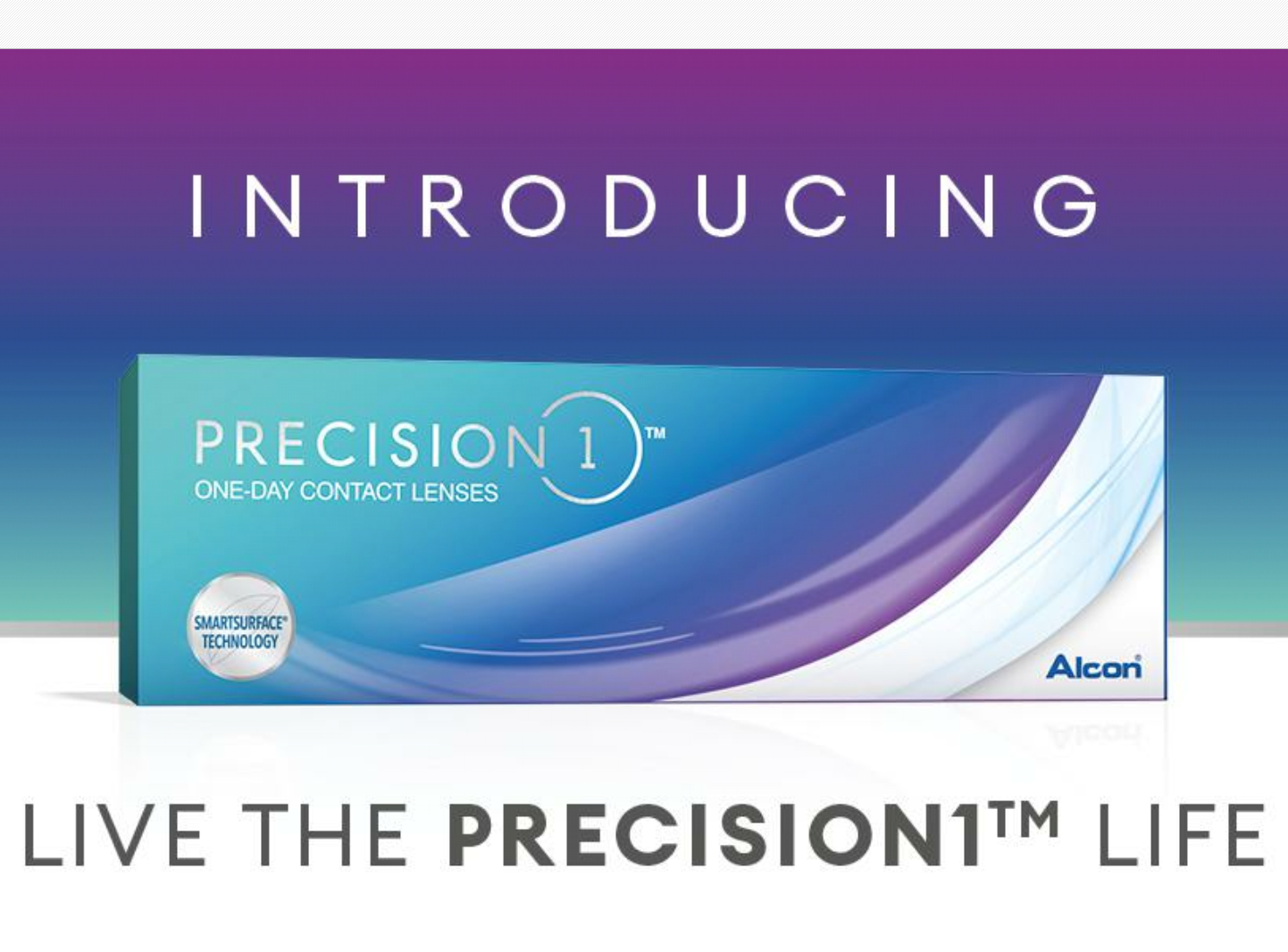When coming in for an eye test – do you find it hard to decide between a pair of glasses or contact lenses?
If you feel like your eye prescription has changed then you should be advised to book an appointment for an eye test. Once you have had your initial eye test, sometimes the hardest part is deciding what to do next. Our experienced opticians and ophthalmologists will advise on the options for action, depending on the results they find. Often that will come down to simply choosing some new spectacles, or perhaps choosing to try contact lenses for the first time.
Contact Lenses
Contact Lenses are prescription lenses that correct error in eyesight and maintain eye health.
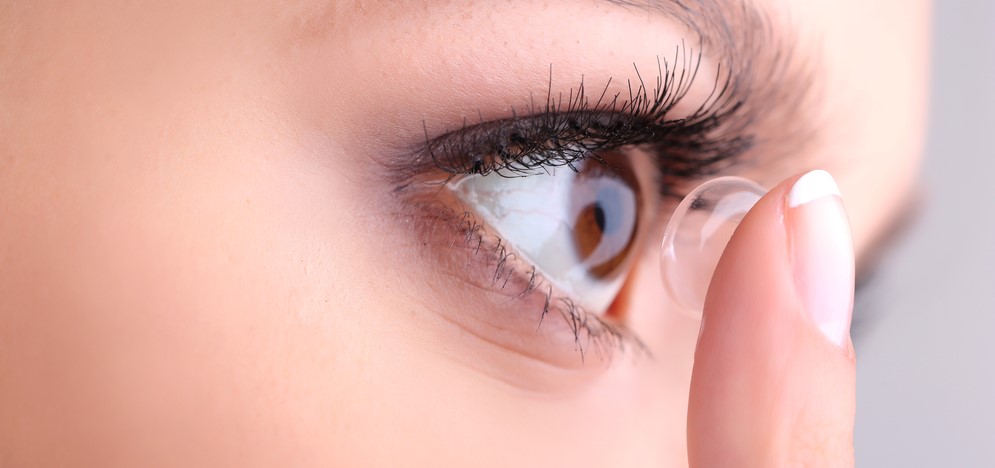
There are many types of contact lenses you could have and choosing which are best for you can often be the hardest part. Different types of lenses will have different purposes. We will be sure to discuss this all with you.
Many contact lenses can be changed daily, but some can be changed less often – we also have great monthly options.
Contact lenses are inserted onto the tear fluid on the eye surface so that they will move naturally with the movement of your eye. This is a huge benefit because once you are used to them; you will not notice they are even in your eye.
Many people will argue that the hardest part is learning how to insert them properly. When you come in, we will teach you how to fit them in an unrushed manner. Then we will offer you a trial before you commit to buying more.
This way, we know as well as you, that you will be completely satisfied and comfortable with their use and fit, before making the commitment. These can be paid for in monthly plans – or all in one go.
The Positives
- A large range and selection to choose from.
- Contact lenses will correct your vision, even taking into account astigmatism.
- Can be adjusted to deal with long and short sight at once.
- There are no frames to obstruct your view.
- Perfect for sports and other physical activities.
- No weather, such as fog, will affect vision.
- Can be worn for different periods of time.
The Negatives
- Can sometimes cause dry eyes.
- Can become quickly irritated by dirt, or by something entering into the eye.
- Require more care and maintenance than glasses.
- They can take more time to get used to.
More information on payment can be found here.
Glasses
Glasses are the alternative solution to correcting eyesight. They are also be prescribed by our expert opticians, after the initial eye exam. Meaning that we are able to correct your vision perfectly.
We offer many frames, from many brands – there will be definitely something that suits you.
People who are not confident using contact lenses or simply do not want to, will opt for wearing glasses. Or they may just not want to try contact lenses and prefer a pair of spectacles. It works by picking a frame and inserting the specially made lenses into them. Frames also have some aesthetic to them – people often choose glasses by what appeals to them, or the frames that suit them best. The prices vary dependent on type of lenses and brand of spectacles.
The Positives
- Correct vision.
- They can be adjusted for short and long sight.
- Apart from keeping clean, they don’t need a huge amount of care.
- No need for special cleaning solutions.
- Don’t have to touch your eyes.
- Many frames are can be chosen style.
- If prescription stays the same, no need to replace the glasses.
- Removeable at own leisure.
The Negatives
- May not like the weight of glasses on your nose, or pressure on ears.
- Can get in the way of an active lifestyle.
- Glasses can be affected by the weather, for example: splattered in the rain.
- Can become dirty or smeared quickly.
- People may not like the way that glasses look.
The main difference with glasses is that you or another person, will know you are wearing them. We also offer 50% off the second pair of spectacles, just for supporting us, your local optician.
Both glasses or contact lenses do the same thing – it ultimately comes down to personal choice.
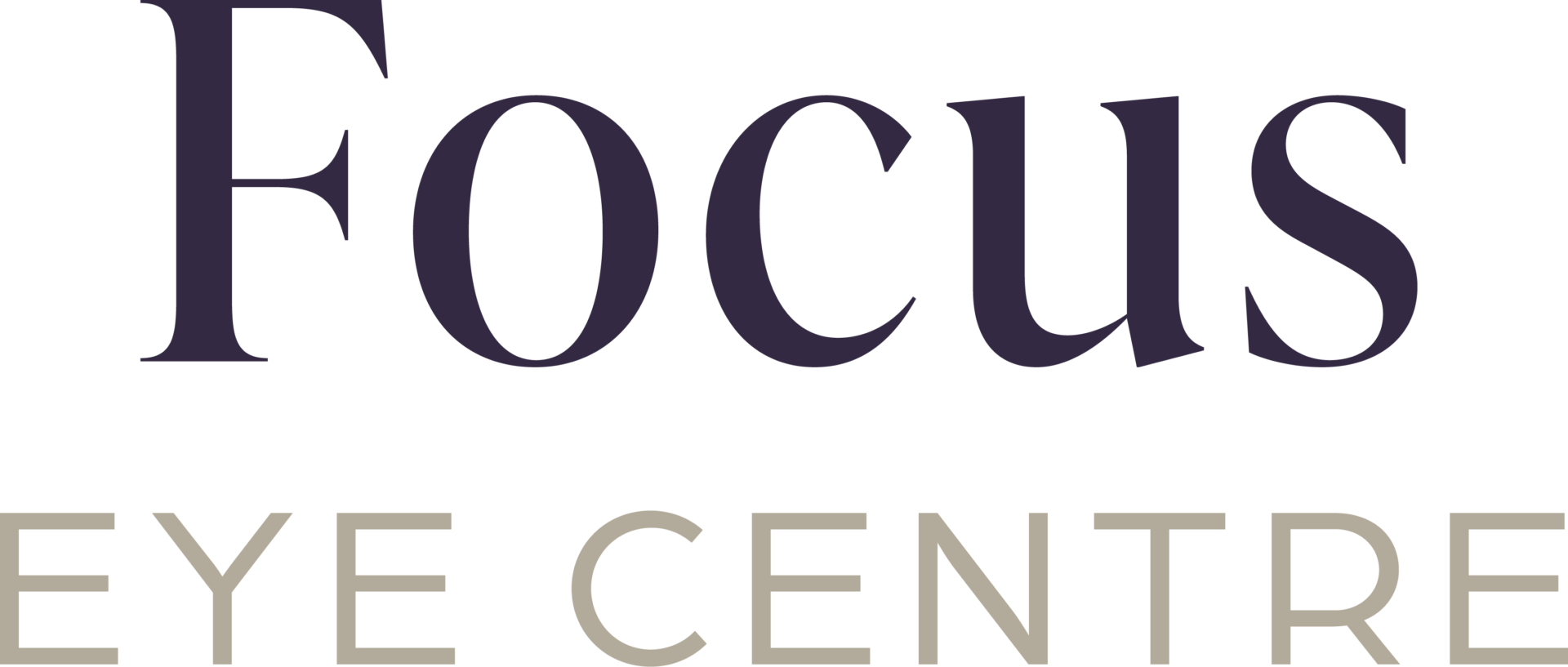
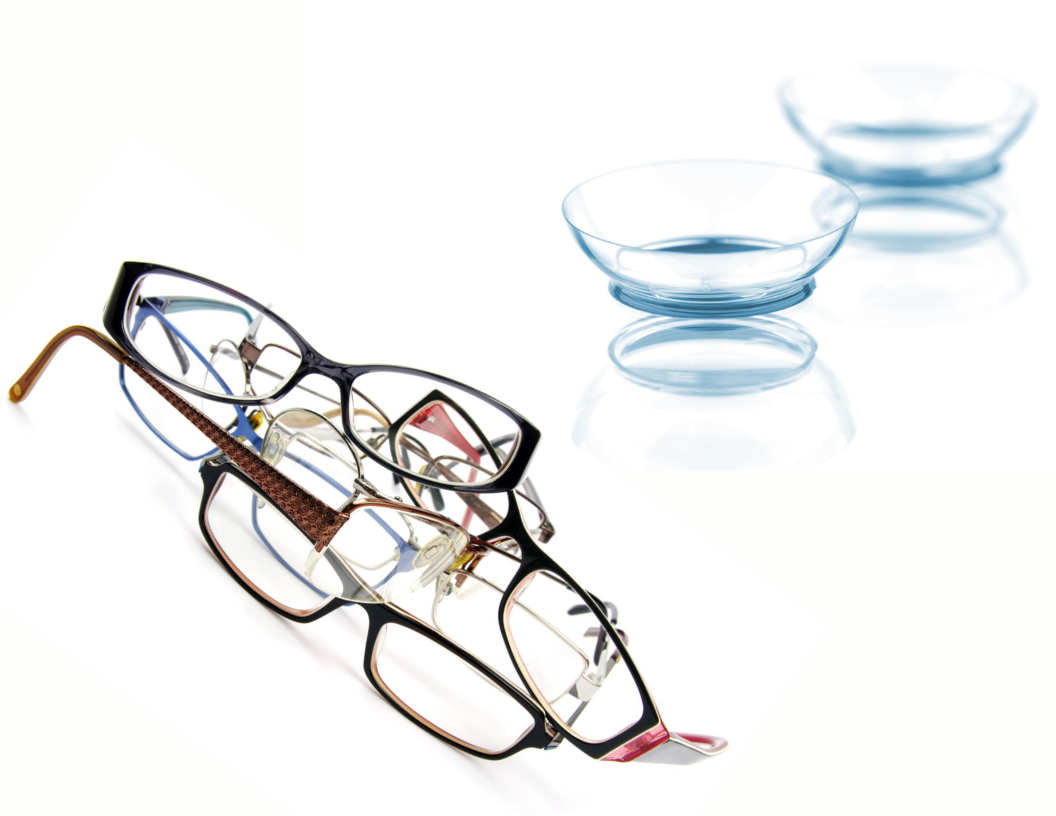
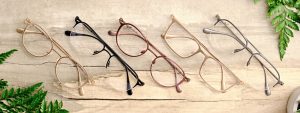
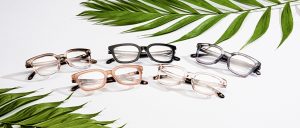
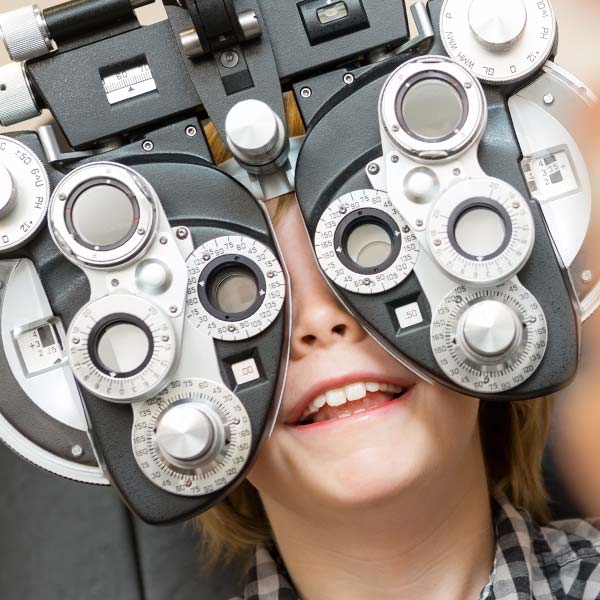
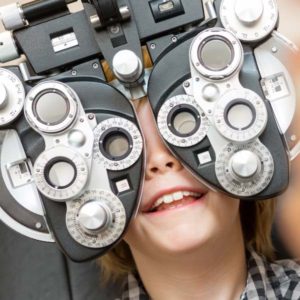 The eyesight of your children is very important. You should be thinking of first checking your child’s eyesight and having their
The eyesight of your children is very important. You should be thinking of first checking your child’s eyesight and having their 

